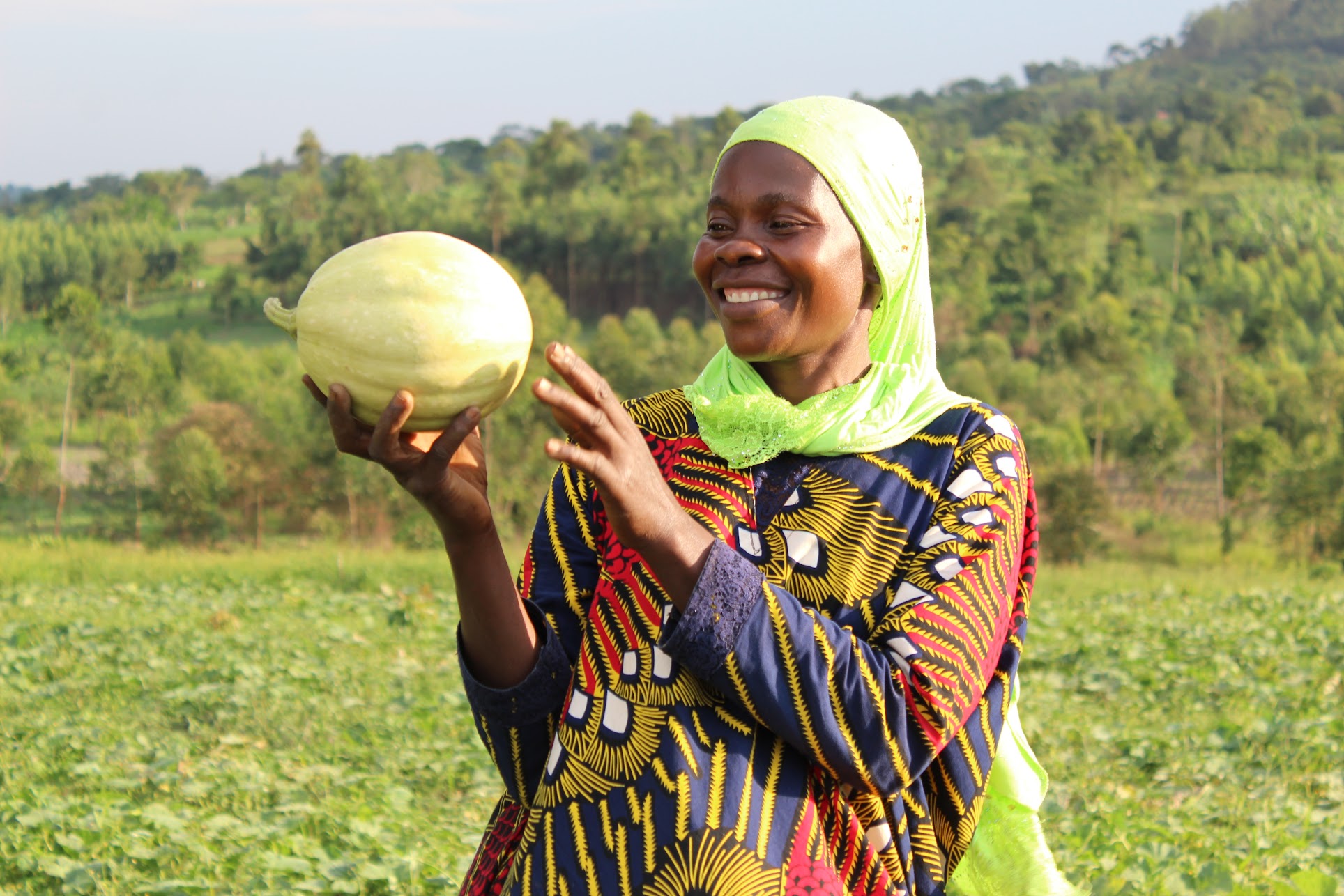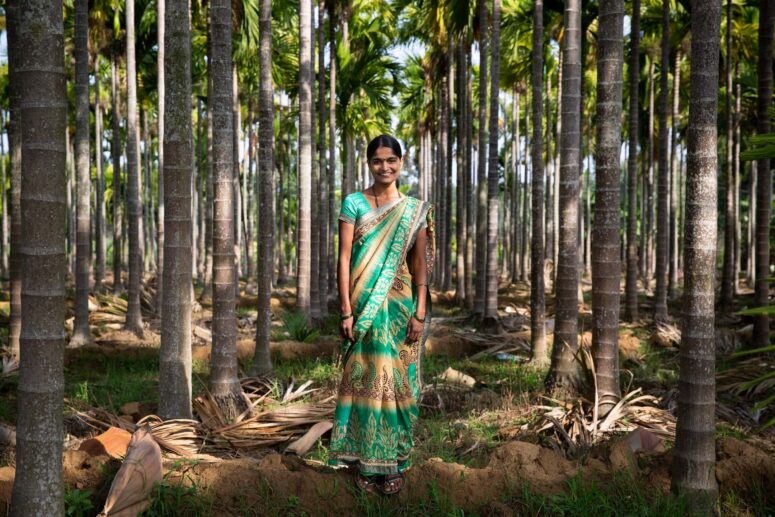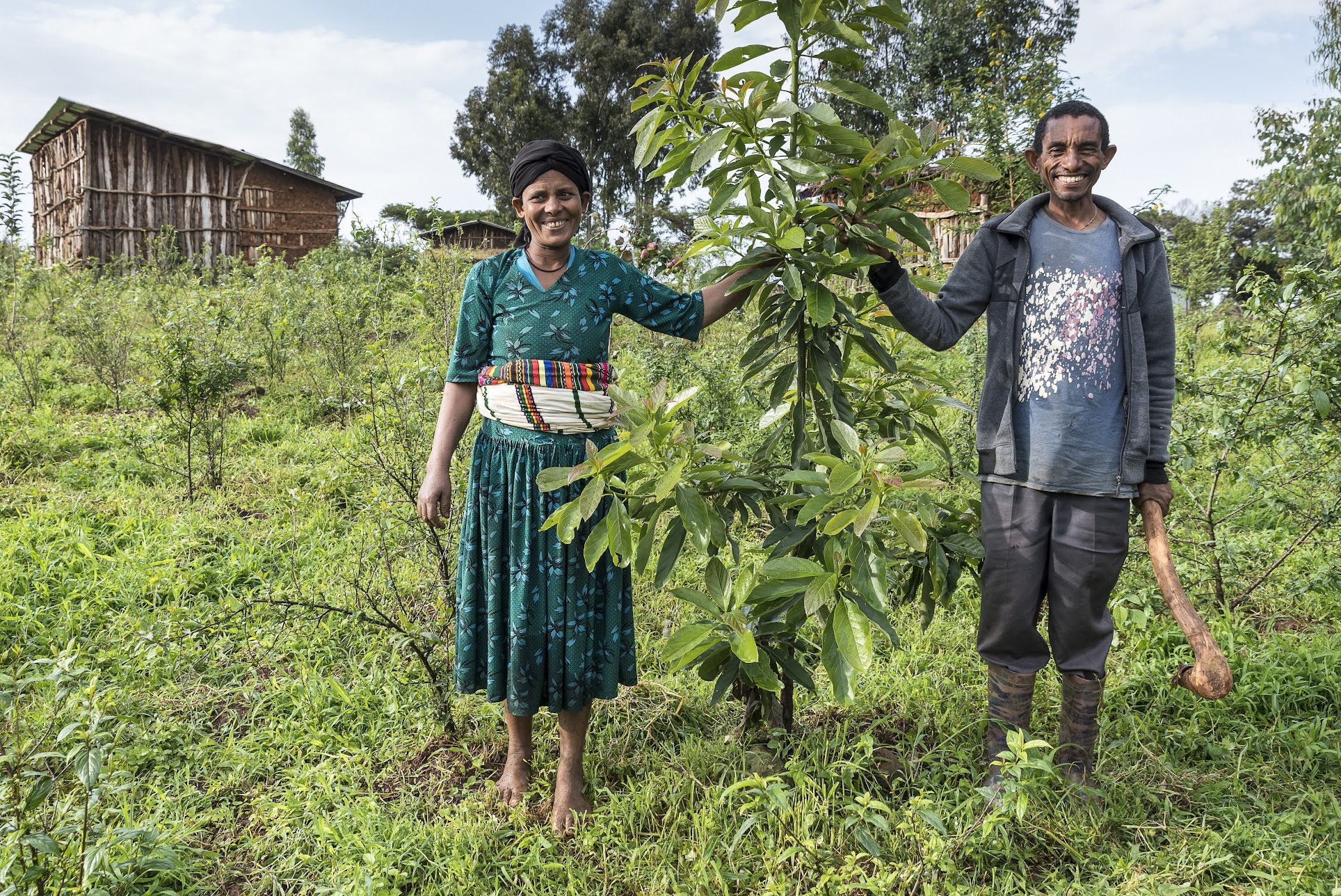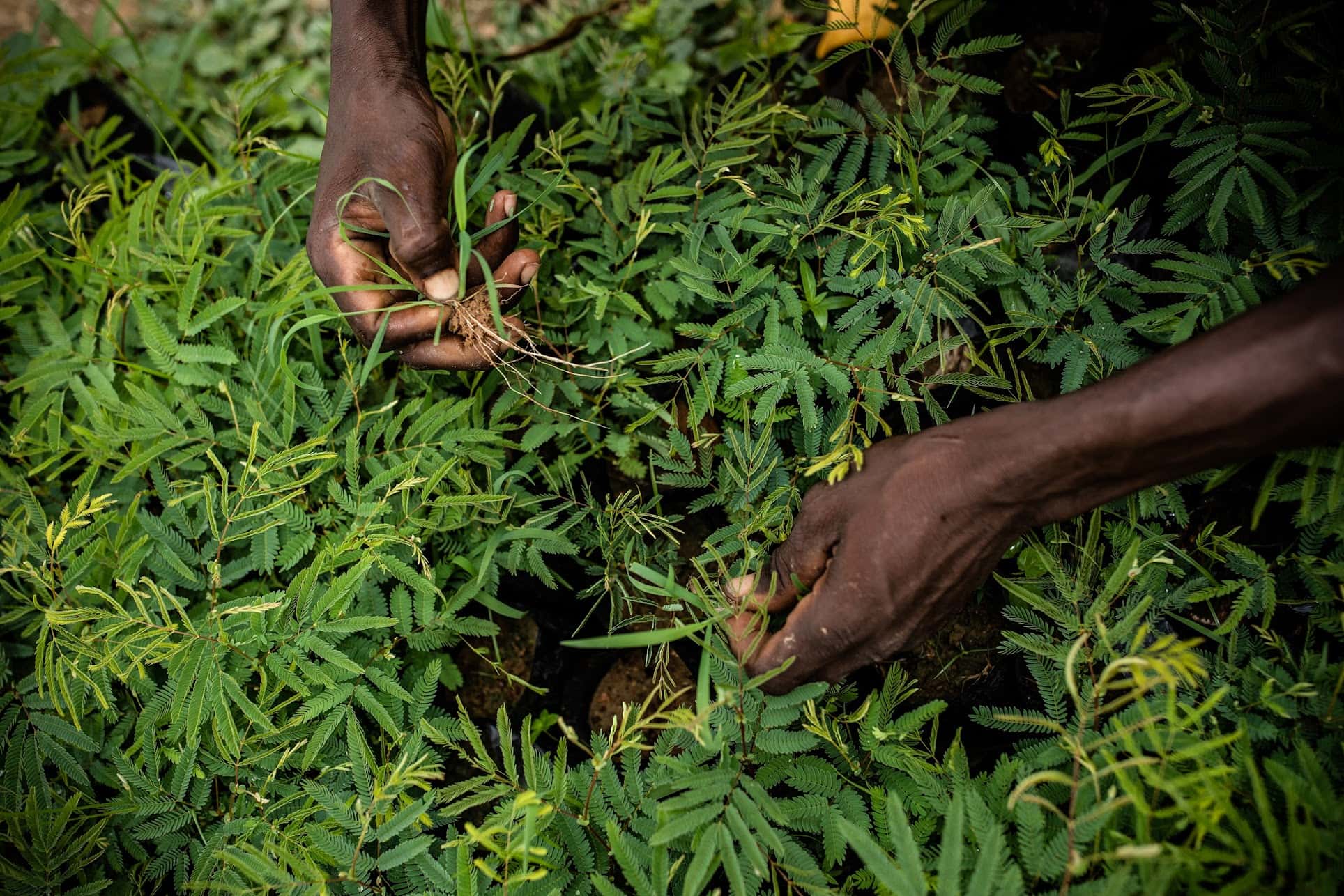Did you know that one third of food produced is never eaten?
We are proud to join our global community this World Hunger Day, May 28, to unite with millions of people and thousands of organizations around the world to amplify the voices of those facing hunger.
Founded by The Hunger Project in 2011, World Hunger Day is a day to celebrate tangible solutions that will end hunger, lifting up the local communities worldwide that are making this happen. Share your World Hunger Day message using #worldhungerday.
What’s the state of world hunger?
Over 800 million people go hungry every day. And yet one third of all food is wasted. This is not sustainable. Throughout May, we will be recognizing the critical role of creating sustainable food systems, to ensure that everyone has access to nutritious and affordable food, both now and in the future.
Globally, around 14% of food produced is lost between harvest and retail, while an estimated 17% is wasted by retailers and consumers. It’s critical that we recognize the interconnectedness of food security, climate change and biodiversity loss and take a holistic approach to addressing these issues.
By sharing and investing on World Hunger Day, you join Hunger Project partners and millions of people who are agents of their own development. You partner with local leaders who have reached across political and cultural boundaries in meaningful ways to generate peace and lasting solutions to hunger and poverty in their communities.
What makes a food system sustainable?
At the heart of our work at The Hunger Project is sustainability. Our programs focus on the economic, social, and environmental factors that contribute to ending hunger. This means strengthening local capacities to create food systems that are:
- economically viable for farmers and producers;
- socially just for all members of society; and
- environmentally responsible in terms of land use, water resources, and climate impacts.
We, as a global community, must act in the interest of current and future generations. This World Hunger Day, take action to amplify the voices of local solutions and local leaders — especially young leaders — and together we can build resilient, sustainable communities free from hunger.
How do we create sustainable food systems?

Encourage sustainable farming practices.
In Uganda, we train farmers to adopt eco-friendly farming methods to enhance agricultural productivity and lead sustainable livelihoods. We work in eight districts in the country, where we have set up agro-ecological zones referred to as epicenters. To date, eight epicenters in Uganda are now self-reliant. Across our epicenters in Africa, community members create community farms, where they learn regenerative agriculture practices such as composting, intercropping, and drip irrigation to promote biodiversity, improve crop yields, restore soil fertility and make the best use of scarce resources. Community partners receive training on food processing to reduce food waste.
Image: Faridah, Uganda 2022

Increase access to agro-technology.
Image: Rachel, Ghana 2022

Build capacity to adapt to climate change
Image: Guthyamma, India 2021

Promote reforestation and tree planting
Image: Yeshialem and Alemayehu, Ethiopia, 2019 (Photo by Johannes Odé)
What you can do.
- Share the message and tag us on social media
- Tell your friends, family and colleagues about World Hunger Day
- Learn more about transforming our global food system in harmony with the planet and people.
- Follow our tips on sustainability
Want to eat more sustainably?
Expand each section below using the + symbol.
Plan your meals:
Buy only what you need:
Store food properly:
Use leftovers:
Compost:
Donate excess food:
Educate others:
Image: Burkina Faso, 2022 Photo for The Hunger Project

